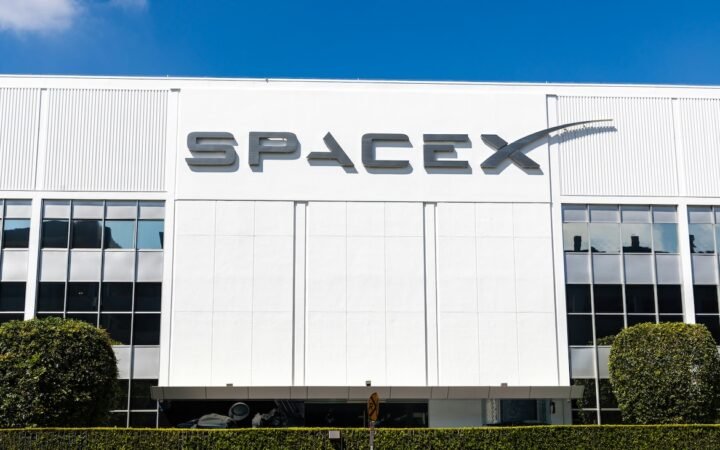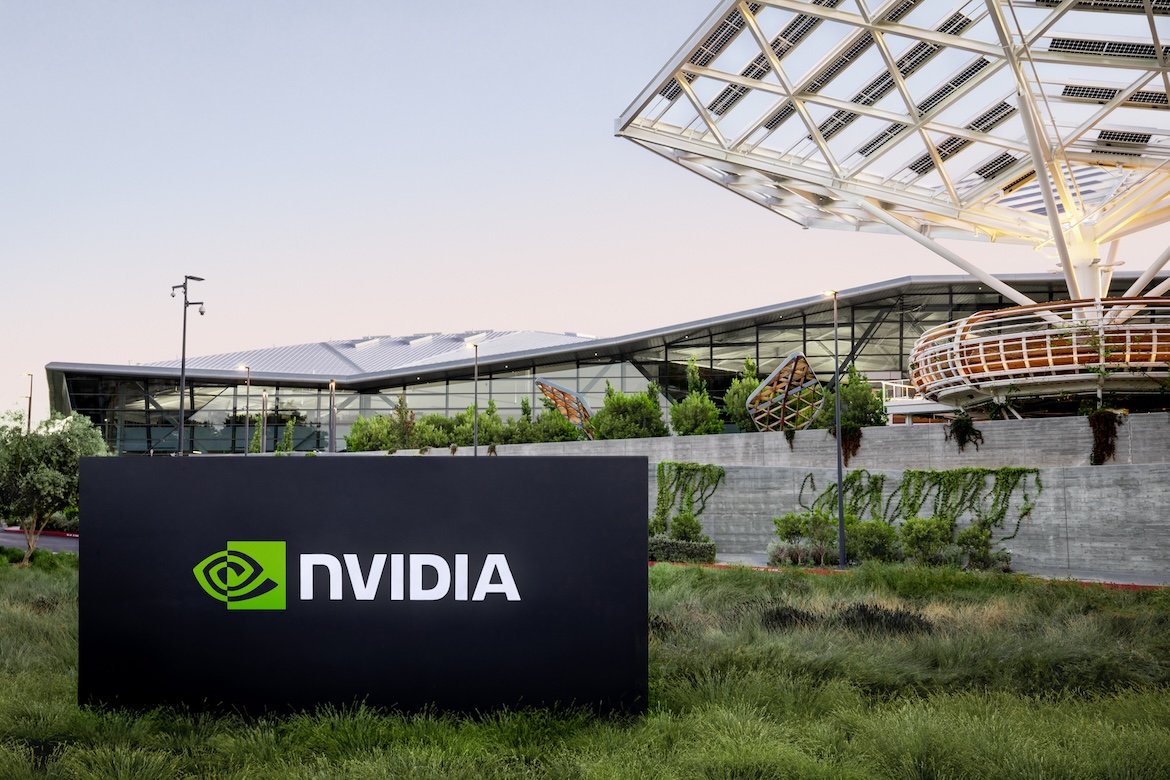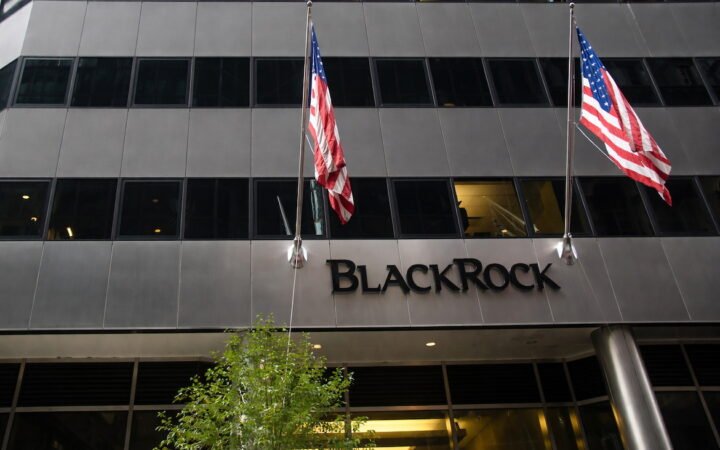
Elon Musk’s AI company xAI is raising $20 billion in a new funding effort, with Nvidia stepping in to finance part of the deal. Nvidia’s participation includes up to $2 billion in equity that helps underwrite xAI’s acquisition and deployment of its chips.
The capital raise blends equity and debt, structured through a dedicated vehicle that purchases Nvidia processors and leases them back to xAI. The financing supports xAI’s data center project, called Colossus 2, which relies heavily on GPU compute power.
Nvidia’s involvement marks a strategic deepening of its ties with xAI – not only supplying hardware but backing the capital structure that will drive demand.
Deal Structure and Strategic Drivers
The $20 billion round is split between roughly $7.5 billion in equity and $12.5 billion in debt. Nvidia’s equity portion is capped at $2 billion. The special purpose vehicle is structured to buy Nvidia processors and lease them to xAI for use in its Colossus 2 data center.
This setup ties Nvidia’s investment returns to xAI’s hardware deployment. By investing in the same chips it sells, Nvidia reinforces demand for its product while gaining upside exposure to xAI’s growth.
xAI launched in 2023 and positions itself as a challenger to established AI firms by tightly coupling model development with infrastructure ownership. The funding push comes amid a broader industry race to lock in long-term compute resources.
Implications, Risks, and Market Outlook
For Nvidia, the deal does more than sell chips – it blurs the lines between supplier and financial backer. It bets on xAI’s success in scaling compute-intensive workloads and cements Nvidia’s role in the AI value chain.
Investors are likely to weigh the upside: if xAI scales as planned, Nvidia could reap gains both from hardware sales and equity appreciation. But risks are notable. The structure hinges on xAI meeting deployment targets and maintaining operational execution.
The debt burden also matters: a $12.5 billion debt component increases financial leverage, putting pressure on revenue and margin performance. Any delays in chip delivery or AI adoption could strain returns.
Beyond this deal, it underscores the intensifying interplay between chip makers and AI startups. Future alliances may follow, with hardware firms taking more active financial stakes in their customers’ growth.




